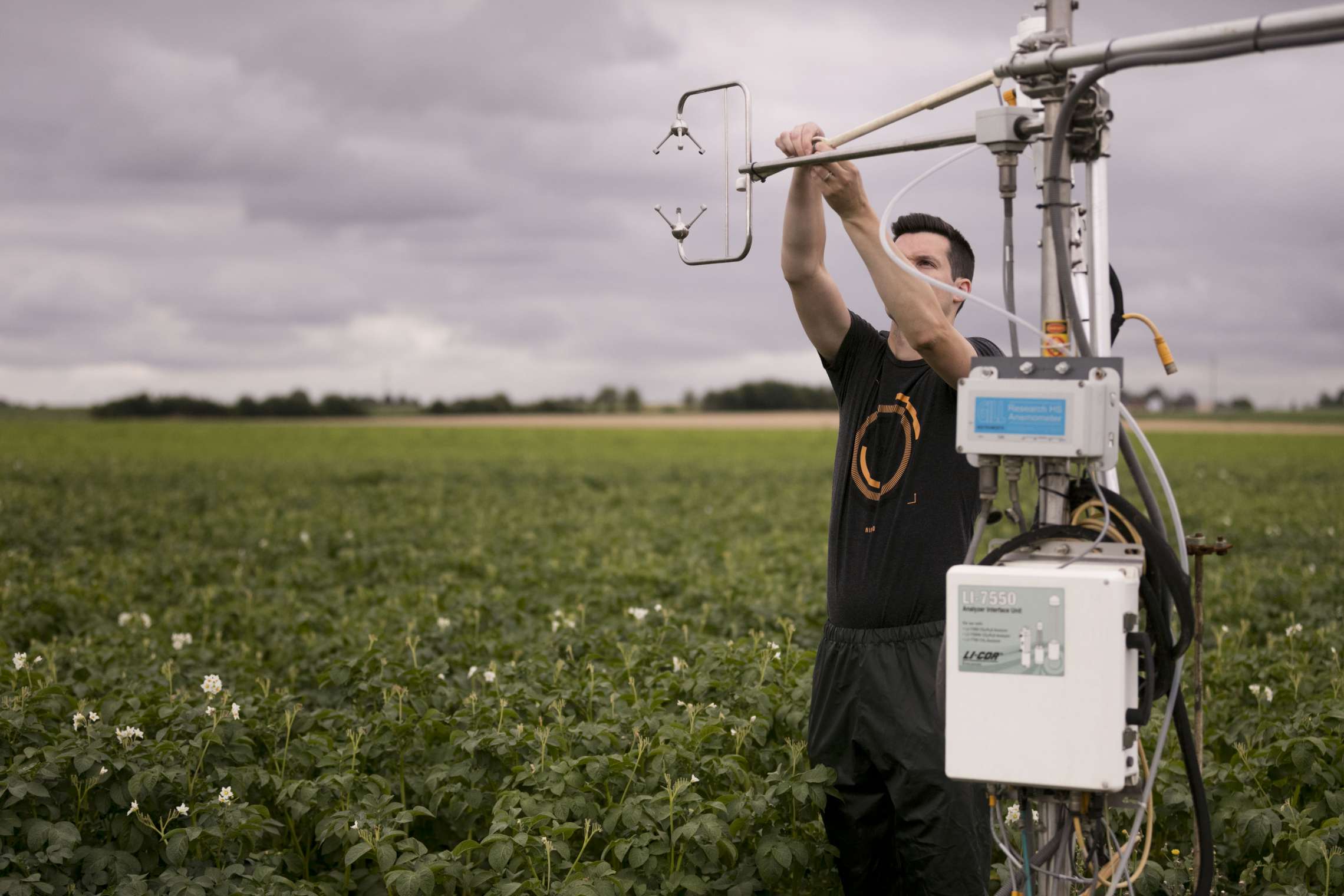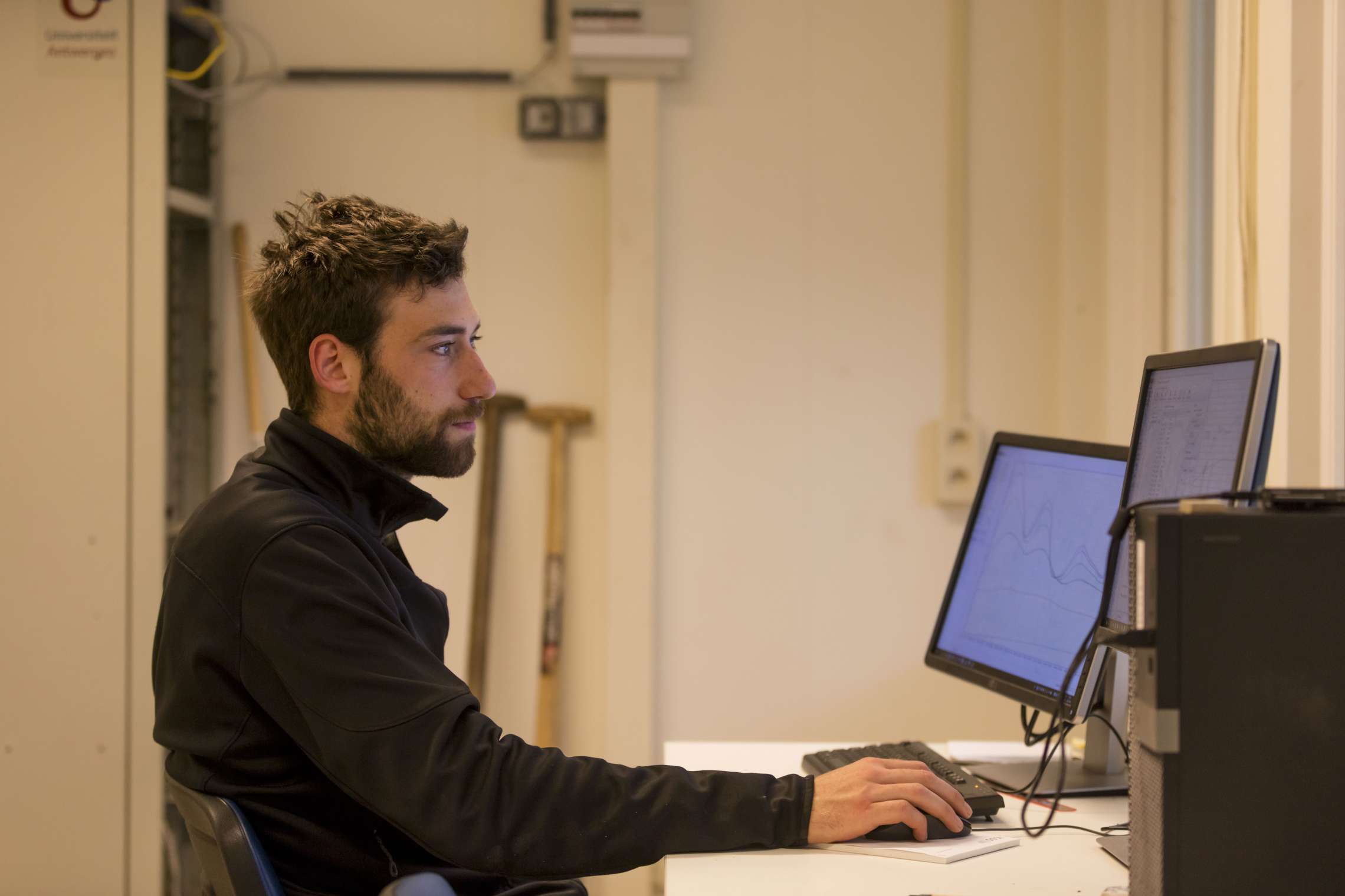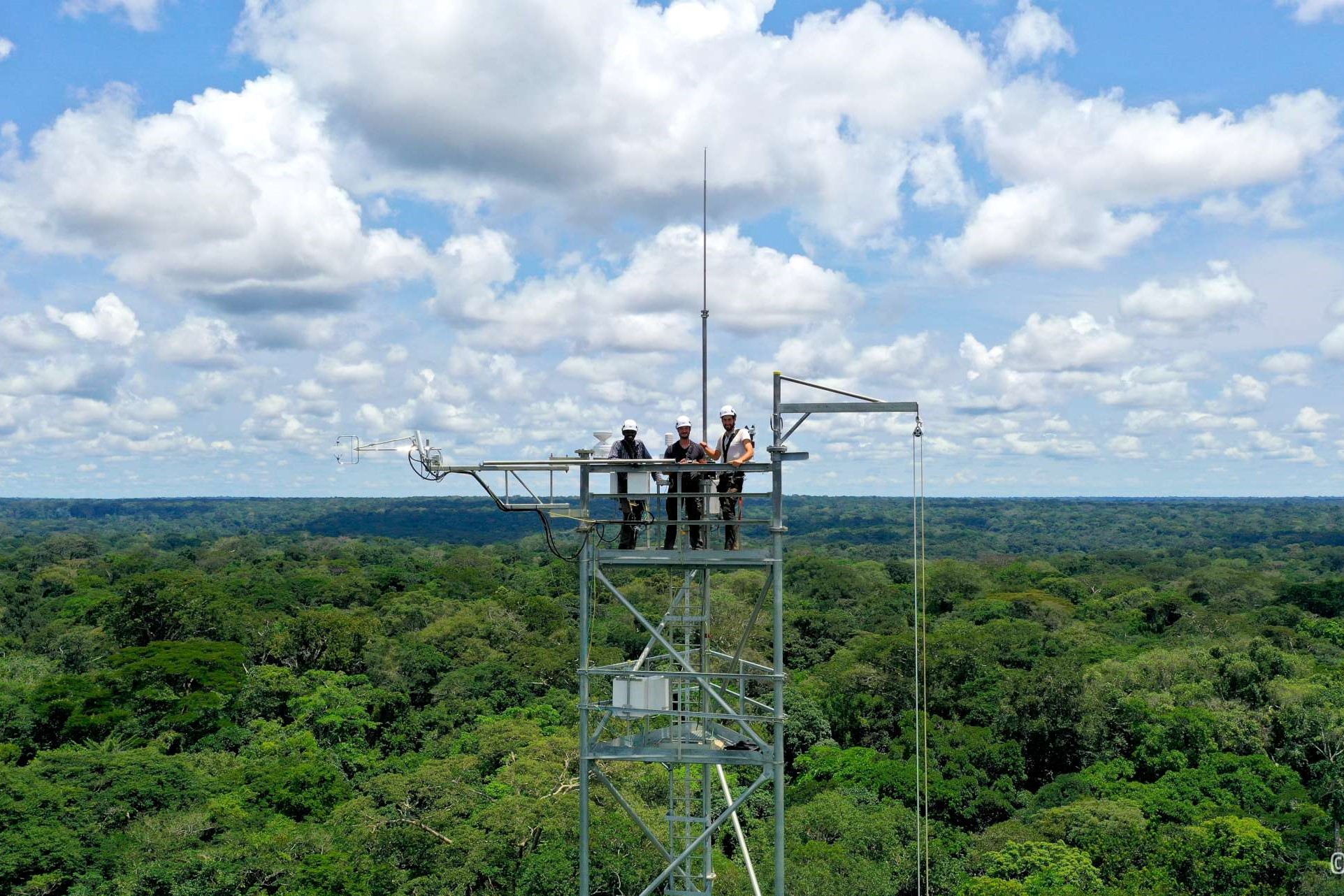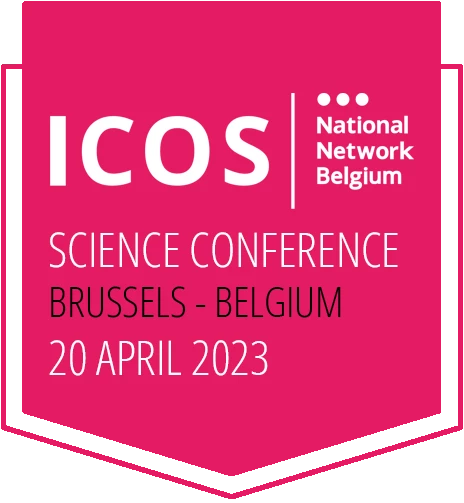Unravel the program
The Belgian ICOS Science Conference 2023 focuses on the overarching theme "From science to impact". During the conference we will be diving into the research studies that are currently conducted at the Belgian ICOS stations. In addition we will be discovering new opportunities with different research fields and industry, and explore how climate research can contribute to policy making.
To this aim, we put forward three topics:
ICOS-Belgium stations reveal new insights
From data collection to societal change
New collaborations lift ICOS to the next level
Find out more about the different topics below. The full program, including a list of all speakers and poster contributions will be shared on 20 March 2023.

ICOS-Belgium stations reveal new insights
ICOS Belgium hosts 11 measuring stations, operated by 7 different research institutes. These institutes are responsible for maintenance of the ICOS stations and the collection of standardised and high quality data. But ICOS researchers also use the ICOS data and facilities to expand our current knowledge regarding different greenhouse gas concentrations including CO2, CH4 and H2O, carbon fluxes, and the interactions with climate change. This makes the ICOS facilities an ideal home base for different research topics. Furthermore, historical datasets can be used to dig into long-term trends or for the purpose of climate change modelling.
During this session we aim to find out more about the research that is currently conducted at these ICOS stations or with the help of the data collected by the Belgium network.

From data collection to societal change
The growing sense of urgency regarding the drivers and consequences of climate change increases the interest of the general public in the topic. Yet many hurdles remain, disabling the flow of information from an experimental site to society. Question remains how scientific research can find its way to a broader audience. Is it possible to communicate about scientific results without losing - sometimes much needed - nuances? Who are the target audiences that need to be addressed? And what is needed in order to make scientific results contribute to policy making?
During this session we want to get to know initiatives that aim to bridge the gap between science and society.

New collaborations lift ICOS to the next level
Each of the ICOS-Belgium stations is located in the centre of a unique terrestrial or oceanic ecosystem. All sites are extensively equipped, enabling long-term and high-end monitoring of the surrounding ecosystem. This in order to monitor a wide range of variables including meteorology, atmospheric greenhouse gas concentrations, and carbon exchange between the atmosphere and the ecosystem. As a result of the existing facilities and continuous data collection, ICOS stations are scientific hotspots for a wide range of research fields. In the area surrounding the ICOS-tower, additional designated experiments can be set-up or new sensors or technologies can be tested.
During this session we aim to explore possible collaborations with different research fields and industry. How can ICOS data contribute to new research trajectories and how can new technologies increase the relevance of the ICOS sites?
